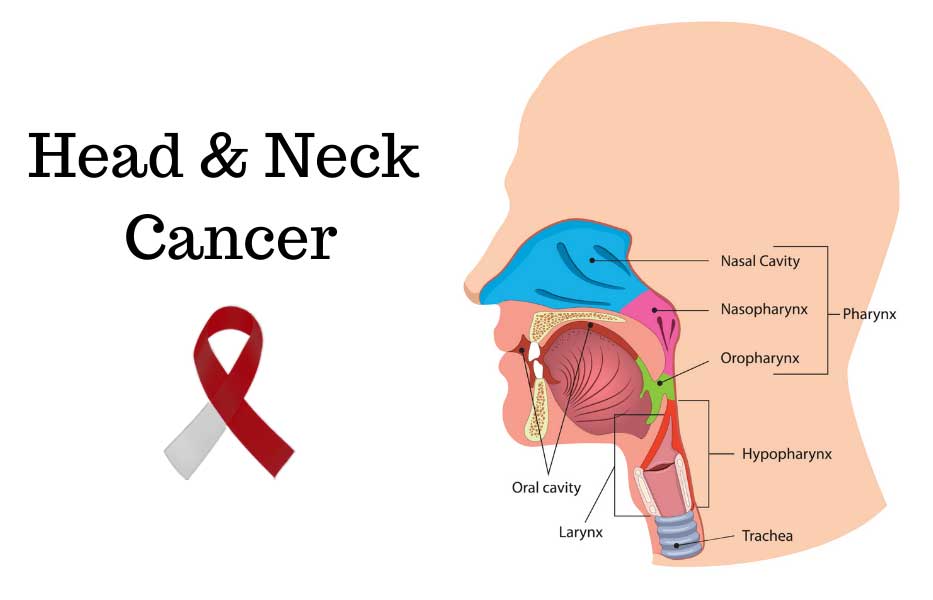Dr. Kondamudi Dheeraj
Head Neck Surgical oncology
Head and Neck Cancer
Head and neck cancers represent a group of diverse malignancies that can affect the oral cavity, pharynx, larynx, nasal cavity, sinuses, and salivary glands. Understanding these cancers, their symptoms, and treatment options is crucial for early detection and effective management.
Symptoms
- Persistent sore throat
- Difficulty swallowing
- Changes in voice or hoarseness
- Lumps or swelling in the neck
- Ear pain or ringing in the ears
- Chronic sinus infections

Types Of Risk Factors
- Tobacco and Alcohol Use: Smoking and heavy alcohol consumption increase the risk.
- Human Papillomavirus (HPV): Certain strains of HPV are associated with oropharyngeal cancers.
- Occupational Exposures: Exposure to certain workplace substances, such as asbestos, may increase risk.
- Poor Oral Hygiene: Chronic irritation from poor dental care may contribute.
Diagnosis:
- Physical Examination: A thorough examination of the head, neck, and throat.
- Imaging Tests: X-rays, CT scans, MRI scans, or PET scans.
- Biopsy: Removal of a small tissue sample for examination.
Treatment:
- Surgery: Removal of the tumor or affected tissues.
- Radiation Therapy: High-dose radiation to target and kill cancer cells.
- Chemotherapy: Medications to kill cancer cells or stop their growth.
- Targeted Therapy: Drugs targeting specific molecules involved in cancer growth.
- Immunotherapy: Boosting the body’s immune system to fight cancer.
